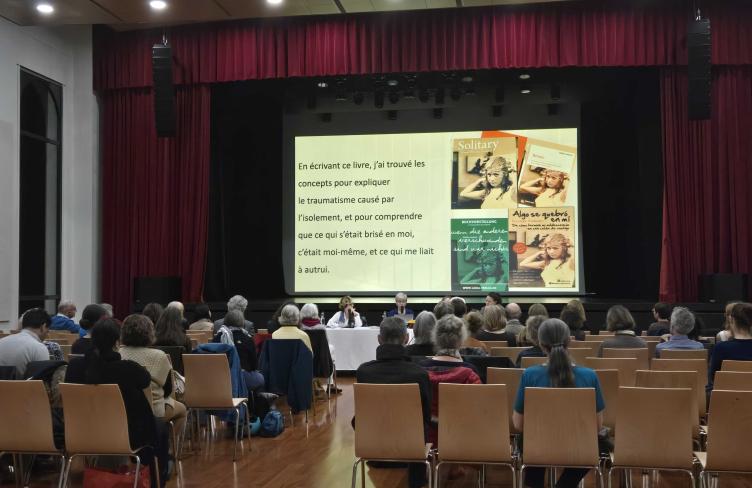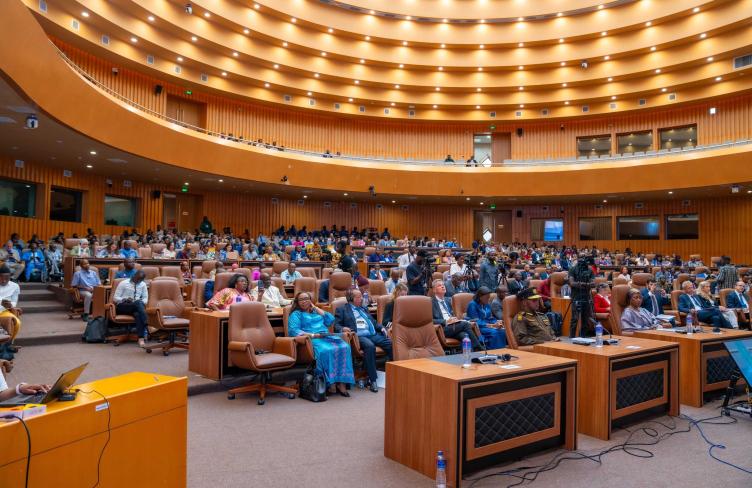Swift and bold reform is needed to turn the tide on women’s imprisonment. This is the joint message delivered at the 44th session of the Human Rights Council on 15 July 2020 by the Association for the Prevention of Torture (APT), the International Drug Policy Consortium (IDPC), Penal Reform International (PRI), and the Washington Office on Latin America (WOLA).
Women represent only a 7 per cent of detainees worldwide, but their number has doubled since 2000. In many countries, this drastic rise is mainly due to women being convicted for non-violent and low-level drug-related offenses. For many women offenders facing structural inequalities, poor education, poverty, discrimination, and gender-based violence, together with care-taking responsibilities, detention is not an appropriate response.
Once women are imprisoned, their rights and specific needs are often neglected. Women in prison often face additional intersectional discrimination, including on the basis of their sexual orientation and gender identity, among others. In such environments, for example, trans women face unique exposure to violence from both staff and fellow inmates.
This year also marks the 10th anniversary of the United Nations Rules for the Treatment of Women Prisoners and Non-Custodial Measures for Women Offenders (Bangkok Rules), which address the specific needs of women in prison and call for gender-sensitive non-custodial measures.
In the joint statement, the APT, the IDPC, PRI and WOLA raise their concerns for the dramatic increase of the female prison population over the past two decades, because of political choices – notably drug policies. We also expressed our concerns for the lack of implementation of many of the Bangkok Rules especially the provisions that call for non-custodial alternatives and for sentencing practices to take into account mitigating factors.
The APT, the IDPC, PRI and WOLA therefore encourage the Human Rights Council and its mechanisms to pay greater attention to the heightened vulnerability and risks of abuse and discrimination experienced by women who come into contact with criminal justice systems – including by building on the work to-date to address human rights violations associated with drug policies.
Read the full joint statement here



